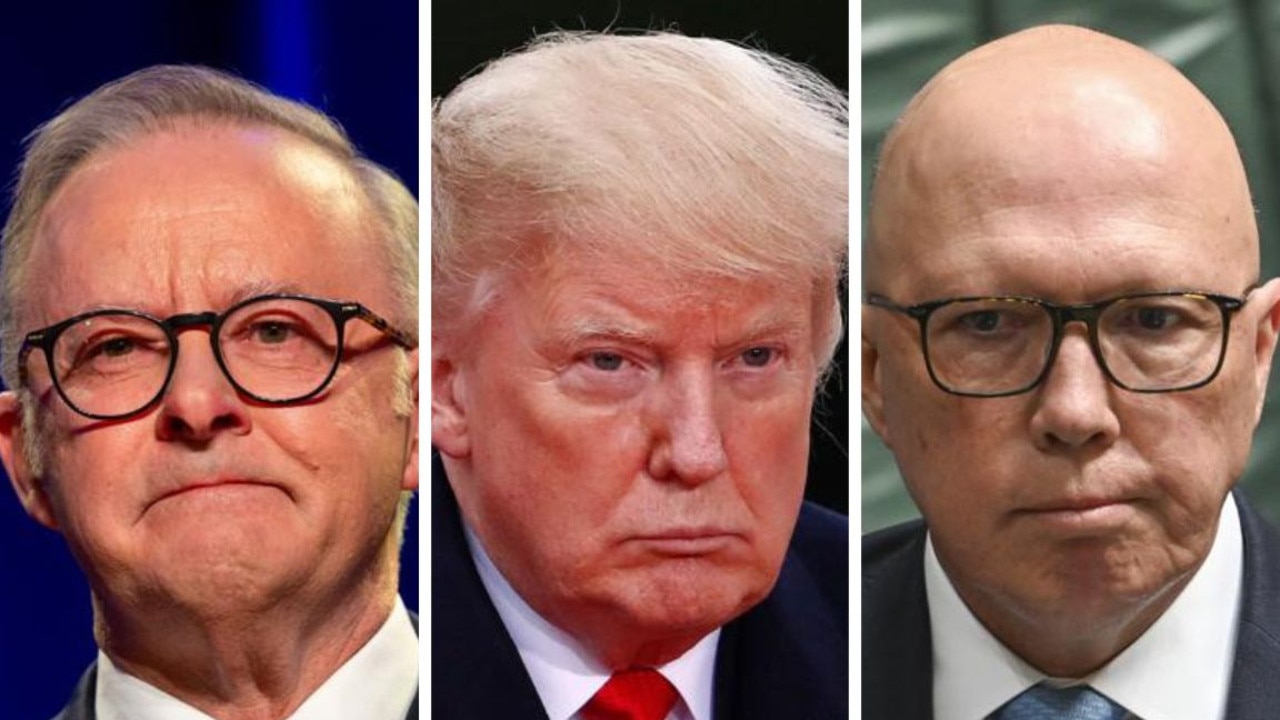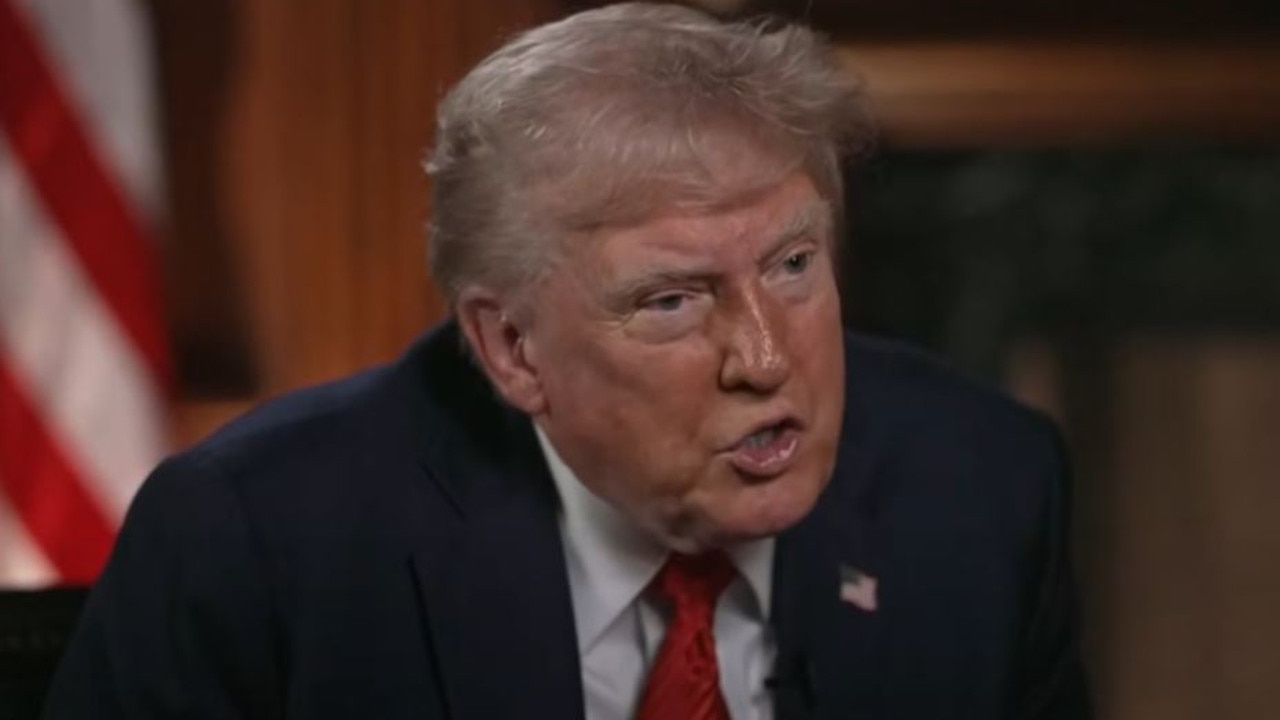What really caused China’s alarming political feud with Australia
A fake image of an Aussie soldier shared by a Chinese official has reignited the feud between the two nations. But how did we get here?
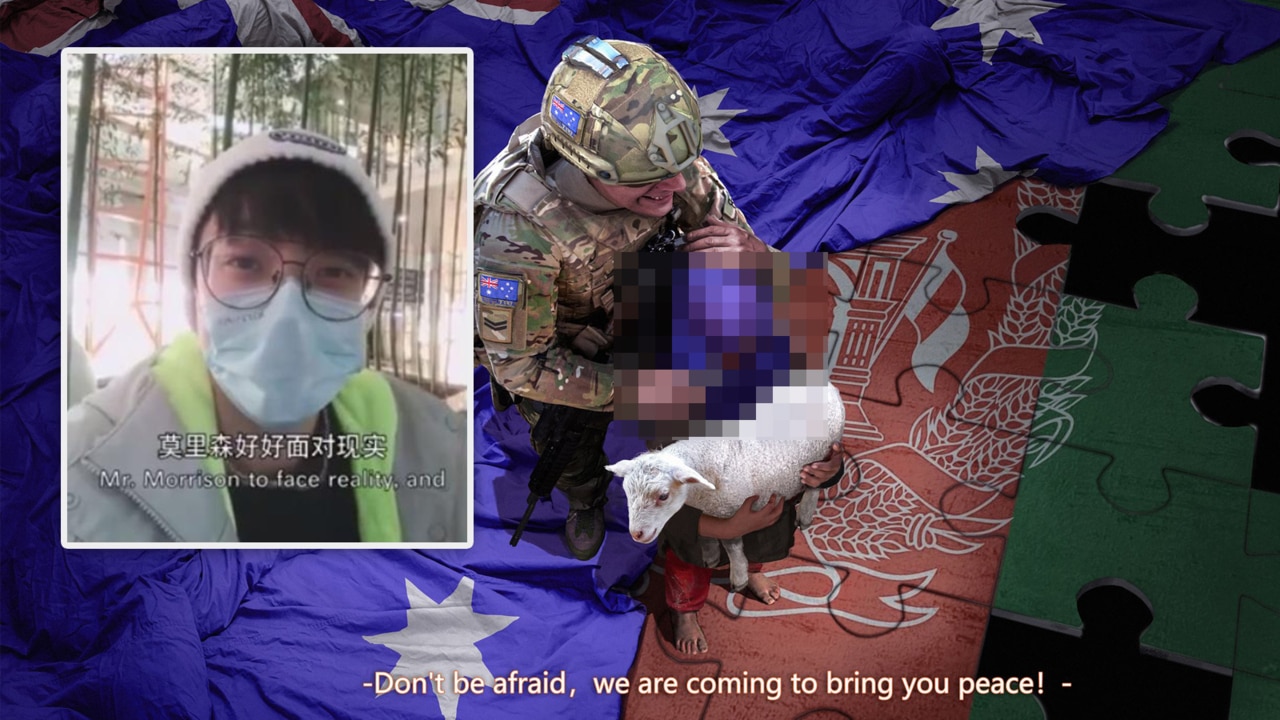
A single tweet brought Australian-Chinese relations to a new low this week – but it’s just the latest development in a brutal feud between the two nations that has been escalating for years.
The most recent scandal broke on Monday when Chinese Foreign Ministry spokesman Zhao Lijian shared a doctored image on Twitter which showed an Australian soldier holding a knife to the throat of a young child.
It was a blatant reference to recent allegations that Australian soldiers had committed war crimes, including killing 39 Afghans.
The tweet was immediately condemned by Australian authorities, with Prime Minister Scott Morrison declaring it “truly repugnant” and demanding an apology.
RELATED: Chinese editor tells ‘arrogant’ PM to ‘kneel down, kowtow’
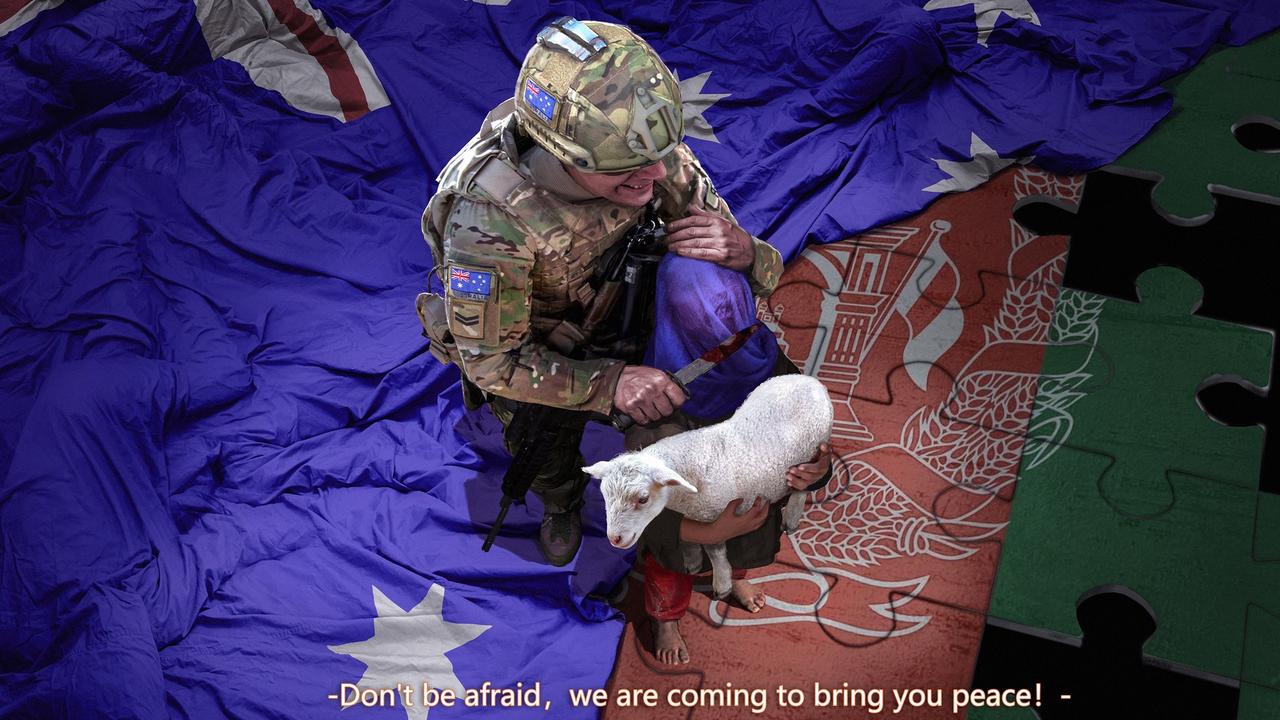
But today China is doubling down on its attack on Australia, with the editor of China’s state-run English language newspaper, Hu Xijin, labelling Mr Morrison “ridiculously arrogant” and saying he should “slap himself in the face” on live television.
So how exactly did the relationship between the two neighbours deteriorate so spectacularly?
AUSTRALIA-CHINA FEUD
According to a report by Dr Stephen Sherlock from the Foreign Affairs, Defence and Trade Group, “Australia’s alliance with the US means that Australia’s relations with China are directly linked to health of the US-China relationship.”
That relationship soured into a full-blown trade war in 2018 when US President Donald Trump began imposing tariffs and other trade barriers on China, which likely affected our own relations with our powerful neighbour.
But the situation really kicked off in the same year when Australia became the first country to bar Chinese smartphone giant Huawei from its 5G network due to top-secret national security concerns.
At the same time, Australian authorities were growing increasingly worried about China’s efforts to boost its influence in the Pacific region.
Then in early 2020, the coronavirus pandemic took hold, with early reports indicating it may have originated from a wet market in Wuhan.
In April, Mr Morrison called for an independent inquiry into the origins of the virus, and China reacted with fury and warned of a boycott on Australian goods.
RELATED: Huge blow for PM after China plea
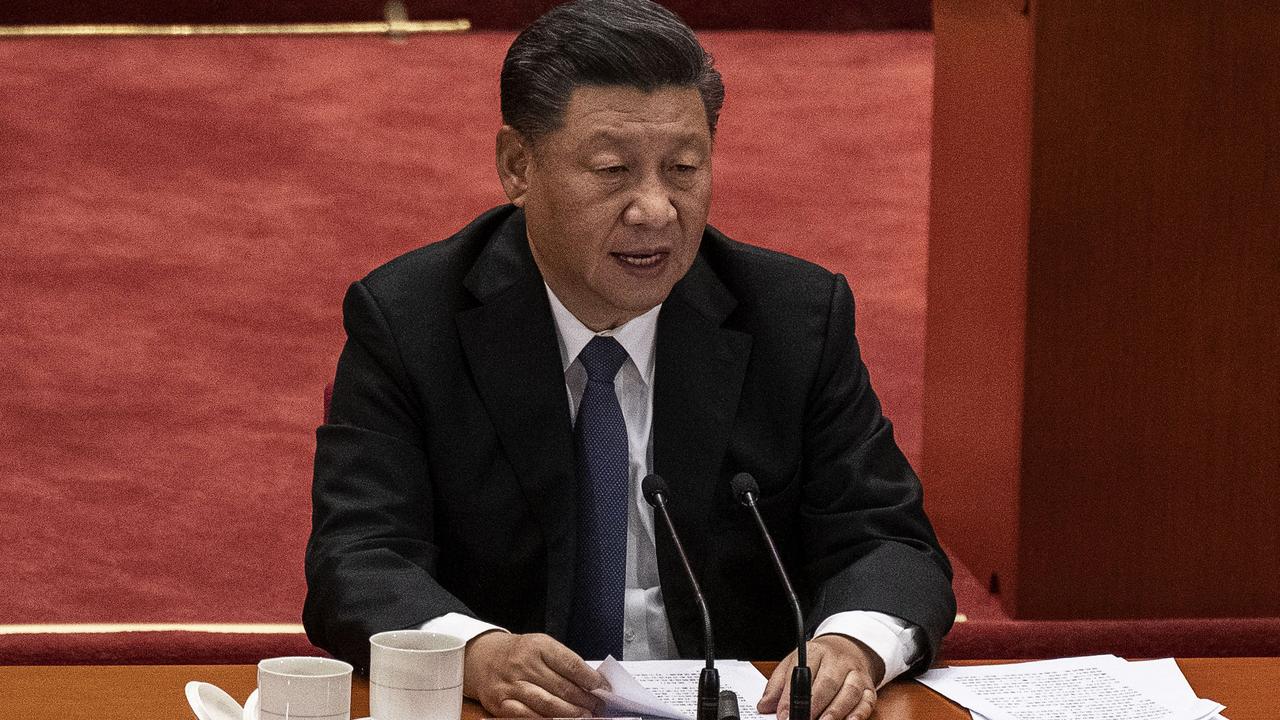
Since then, China has dealt a series of trade blows, with everything from barley to timber and rock lobsters being slapped with sanctions.
This year has also seen Aussie journalists evacuated out of China and accusations of “spying” levelled against Australia, while the situation worsened in July when Australia rejected China’s claim to “historic rights” to parts of the South China Sea.
The following month, China’s Deputy Head of Mission, Wang Xining, made a stunning speech at Canberra’s National Press Club outlining how Australia had wronged the nation.
And in November, a bombshell dossier listing 14 reasons why China was “angry” at Australia was leaked, claiming they were “poisoning bilateral relations”.
In short, the relationship is in tatters – and it’s an alarming state of affairs given just how closely Australian prosperity relies on China.
SO WHAT DOES IT ALL MEAN?
China is Australia’s most important two-way trading partner, with the Department of Foreign Affairs and Trade stating China accounted for 27.4 per cent of our trade with the world.
In 2019, “our exports to China grew by 23.4 per cent to reach the highest level ever ($169 billion), driven by demand for Australian iron ore, coal and LNG (Liquefied Natural Gas).”
The feud prompted Professor James Laurenceson, director of the Australia-China Relations Institute at the University of Technology Sydney, to pen a piece for The Conversation which claimed the Australia-China relationship was “unravelling at a pace that could not have been contemplated just six months ago”.
“With no sign of the political tensions between Australia and China easing, the big danger in all of this is the erosion of the economic and people-to-people ties that were once the glue holding the relationship together,” Prof Laurenceson wrote, adding recent events “might only be a starting point in a broader bilateral decoupling that offers little prospect for the protection – let alone advancement – of Australia’s national interest.”


